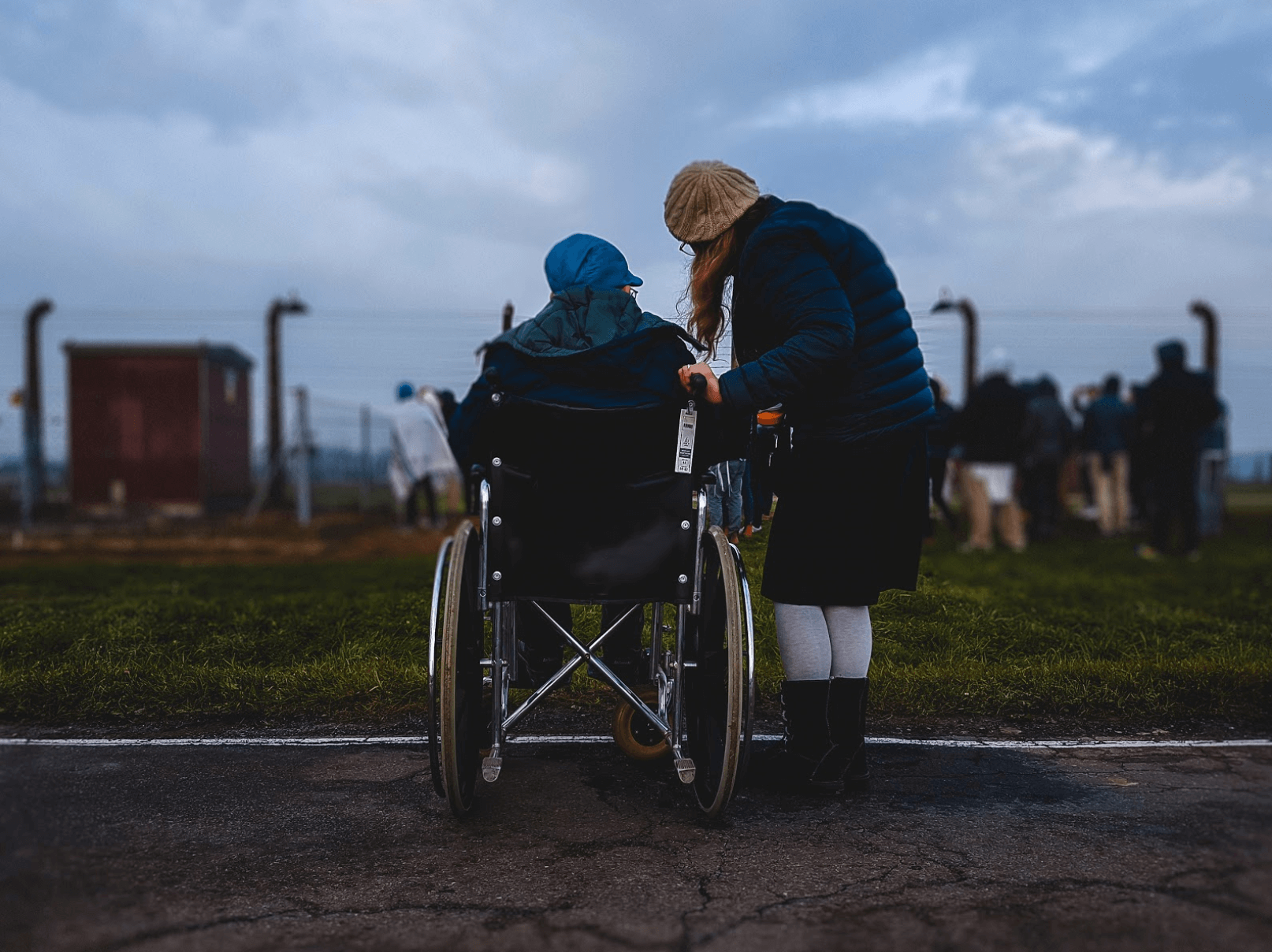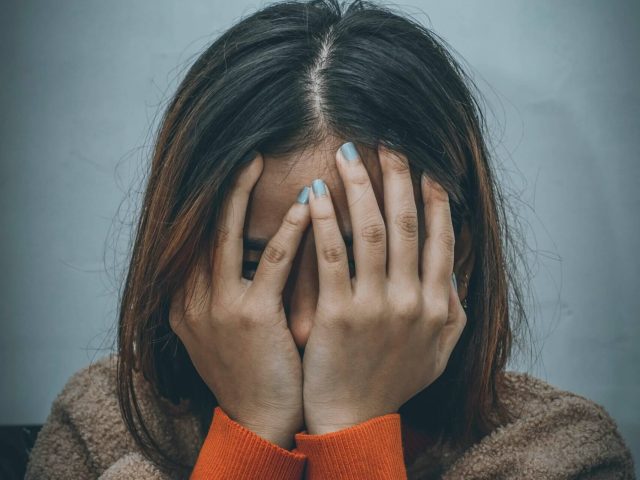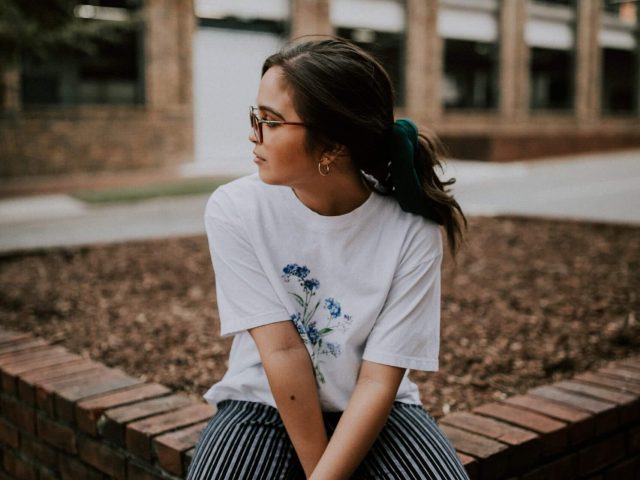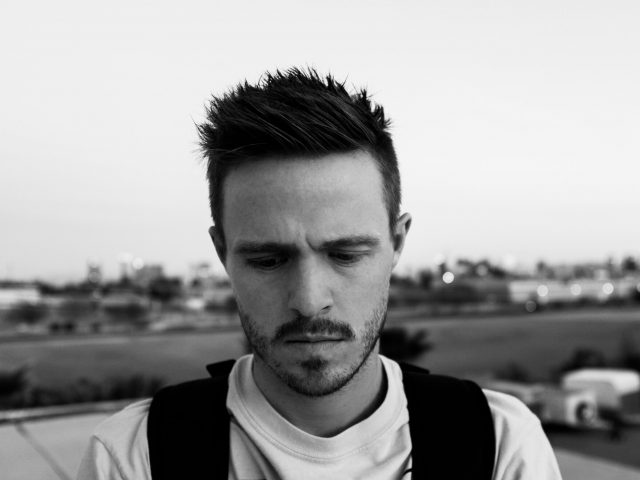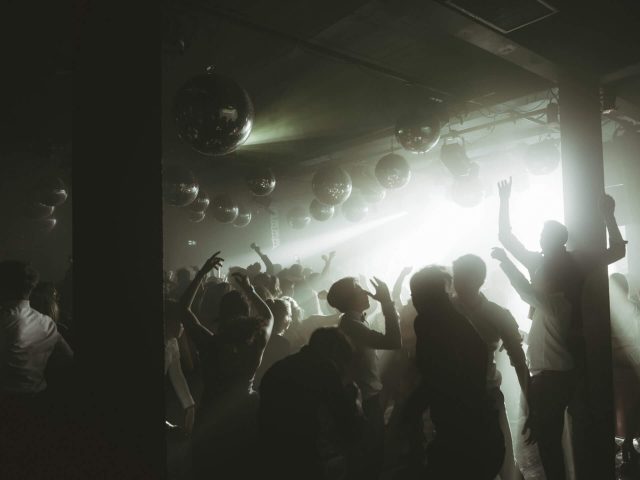True or False: Folks with disabilities don’t desire or can’t be in meaningful relationships.
False. Major false.
We all desire and deserve to have meaningful relationships where we feel loved and appreciated. This need is felt by people with disabilities too. Some people may be surprised by this because they assume people with disabilities do not date, marry, or desire intimate relationships. But, this isn’t true. In fact, there is no difference between people with disabilities need and desire for healthy and happy relationships and those of non-disabled people. Similarly, relationship abuse affects both people with disabilities and non-disabled people; however, people with disabilities are at a much greater risk of experiencing relationship abuse.
In an effort to make conversations about healthy and unhealthy relationship behaviors accessible to everyone, One Love partnered with the Arc of Jacksonville, an organization that advocates for people with intellectual and developmental disabilities and their families, to bring the Escalation Workshop to their community. The film based workshop helps to educate people about the warning signs of relationship abuse by guiding them through a discussion based on the film. By starting a conversation about healthy and unhealthy relationships, partnerships such as this create new opportunities for people with disabilities to share their experience and more importantly, find help.
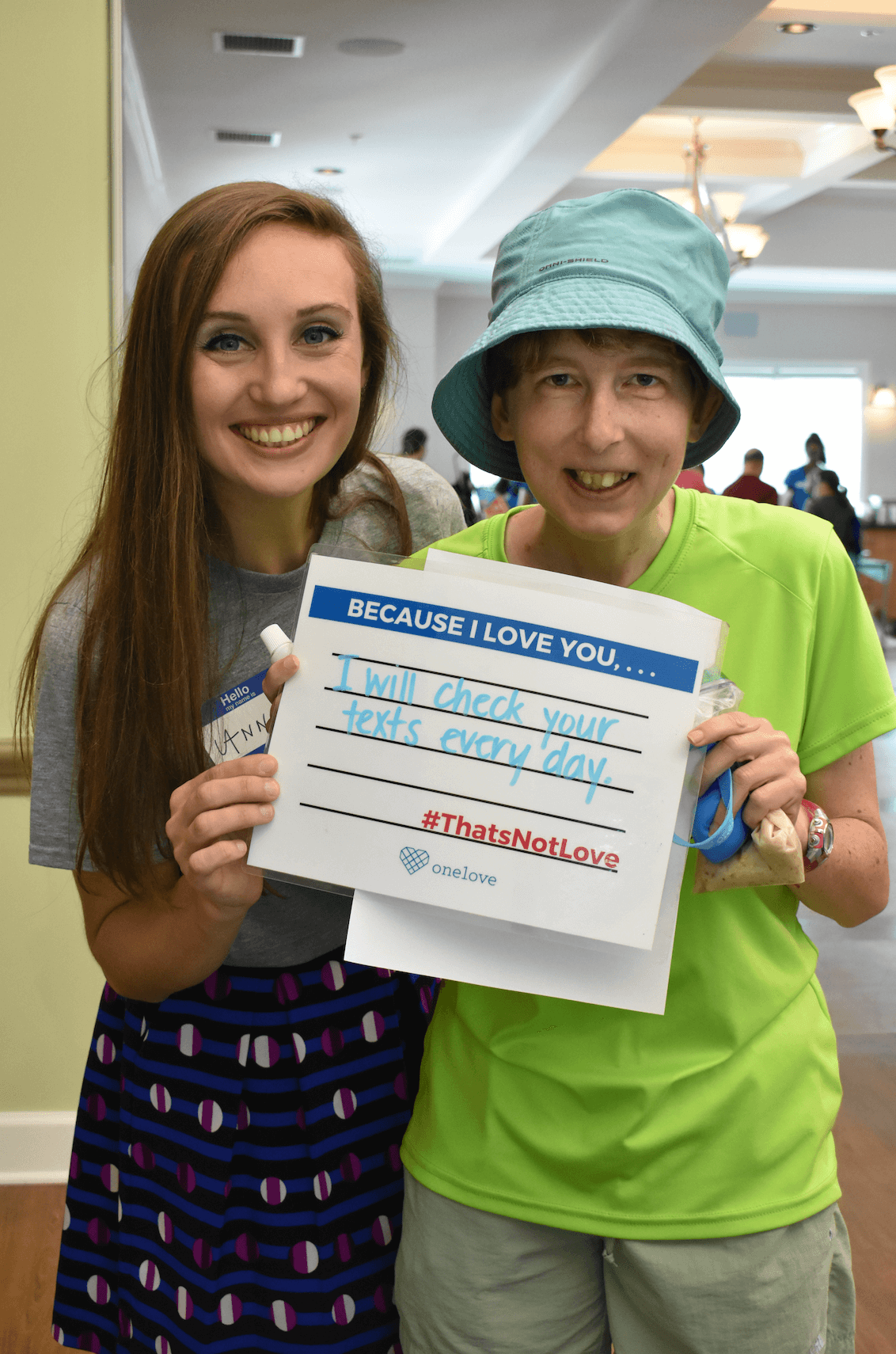
“Love shouldn’t hurt, and it shouldn’t make you anxious. Love should make you feel butterflies and happy! That’s the kind of love I want.” – said a resident at the Arc of Jacksonville.
Unhealthy Relationships and the Disabled Community
Compared to the non-disabled community, people with disabilities are three times more likely to experience violence and sexual abuse. Why would this be? For starters, there are a lot of negative assumptions toward people with disabilities. They often feel devalued, isolated from their community, and as if they are expected to comply with caregivers. Because they are more likely to be perceived as powerless and physically helpless (depending on their condition), people with disabilities usually have fewer opportunities to learn their sexual likes and dislikes, or to set emotional boundaries with an intimate partner. Research from the Baylor College of Medicine found that when instances of violent sexual encounters occur, people with disabilities are more likely to perceive it as “their only choice.”
While many unhealthy relationship behaviors are the same across the board, for a person with a disability it can be complicated by the fact that their disability may be used against them. In her article Domestic Violence and Disabled Women, Frances Ryan noted for people with disabilities “there’s a disturbing ease with which power and control can be exerted. The abuser not only has a physical advantage, but is often the person being relied upon for care,” When the line blurs between partner and caregiver it makes identifying unhealthy relationship dynamics even more difficult.
For people with disabilities, unhealthy relationship behaviors may appear in “non-traditional” ways such as:
- Financial Abuse: when a partner or caregiver steals or withholds money or borrows possessions without permission.
- Emotional Abuse: when a partner gaslights someone by invalidating their disability.
- Sexual Abuse: when a partner initiates sexual activity while their partner is not capable of providing consent.
- Misuse of Physical Property: when a partner withholds, damages, or breaks assistive devices (i.e. throwing a hearing aid across the room or restricting access to a wheelchair).
- Medication Abuse: when a partner does not allow someone to seek medical treatment. This could also be withholding medication or over-medicating someone.
- Neglect: when a partner uses someone’s disability as an excuse for obstructing physical hygiene or comforts of living (i.e. access to a telephone).
Alleviating Barriers to Support
For people with disabilities, the barriers for leaving an unhealthy relationship are equally hard. Without the support of a greater community or knowledge of resources and tools to find help, people with disabilities are far less likely to leave an unhealthy relationship if that means leaving a home that accommodates their needs. In order to begin to alleviate some of these barriers, it is so important that as a community, and as individuals, we each look inward at our own assumptions and attitudes toward the toward people with disabilities. To provide the needed and appropriate support services, it’s important to recognize how prevalent unhealthy relationship dynamics are within the disabled community.
We can all help break the cycle of silence by validating the voices of people with disabilities and work to educate everyone about healthy and unhealthy relationships. Some great ways to get the conversation started in your own community is by hosting an Escalation Workshop, or using the #ThatsNotLove videos at your local community organizations that serve people with disabilities. If you are inspired to learn more about supporting people with disabilities, please check out The Arc (www.thearc.org) and End Abuse of People With Disabilities (www.endabusepwd.org).
If you are a person with a disability and are in an unhealthy relationship, it is not your fault and help is available 24/7. If you feel you are experiencing relationship abuse, or if you just have questions about your relationship, contact the National Domestic Violence Hotline via their website, or by calling 1-800-799-7233. If you are deaf or hard of hearing, you can access the Hotline via video-chat by calling 1-800-787- 3224. You can learn more about the National Domestic Violence Hotline’s services for the Deaf, Hard of Hearing, and Deafblind here. And, if you’ve experienced sexual assault at the hands of a partner or caregiver, please contact the National Sexual Assault Hotline at 800.656.HOPE (4673). Help is within reach. We all deserve to be loved and to enjoy happy and healthy relationships because love shouldn’t hurt.
Browse by Category

How to Practice Allyship Using the 10 Signs
During the month of June the United States observes both Juneteenth and Pride Month. Juneteenth commemorates the end* of slavery…
Hope After Abuse: What I Wish I Knew About Relationships In College
As a freshman in college – my first real time…
A Crash Course In Handling Rejection
The spring/summer cusp is an exciting time of year: long…
What Movie Prom Scenes Can Teach Us About Relationships
Prom season is upon us and millions of high school…
Ways We Self-Sabotage In A New Relationship After an Unhealthy One
You did it. You ended your unhealthy relationship. You grieved.…





